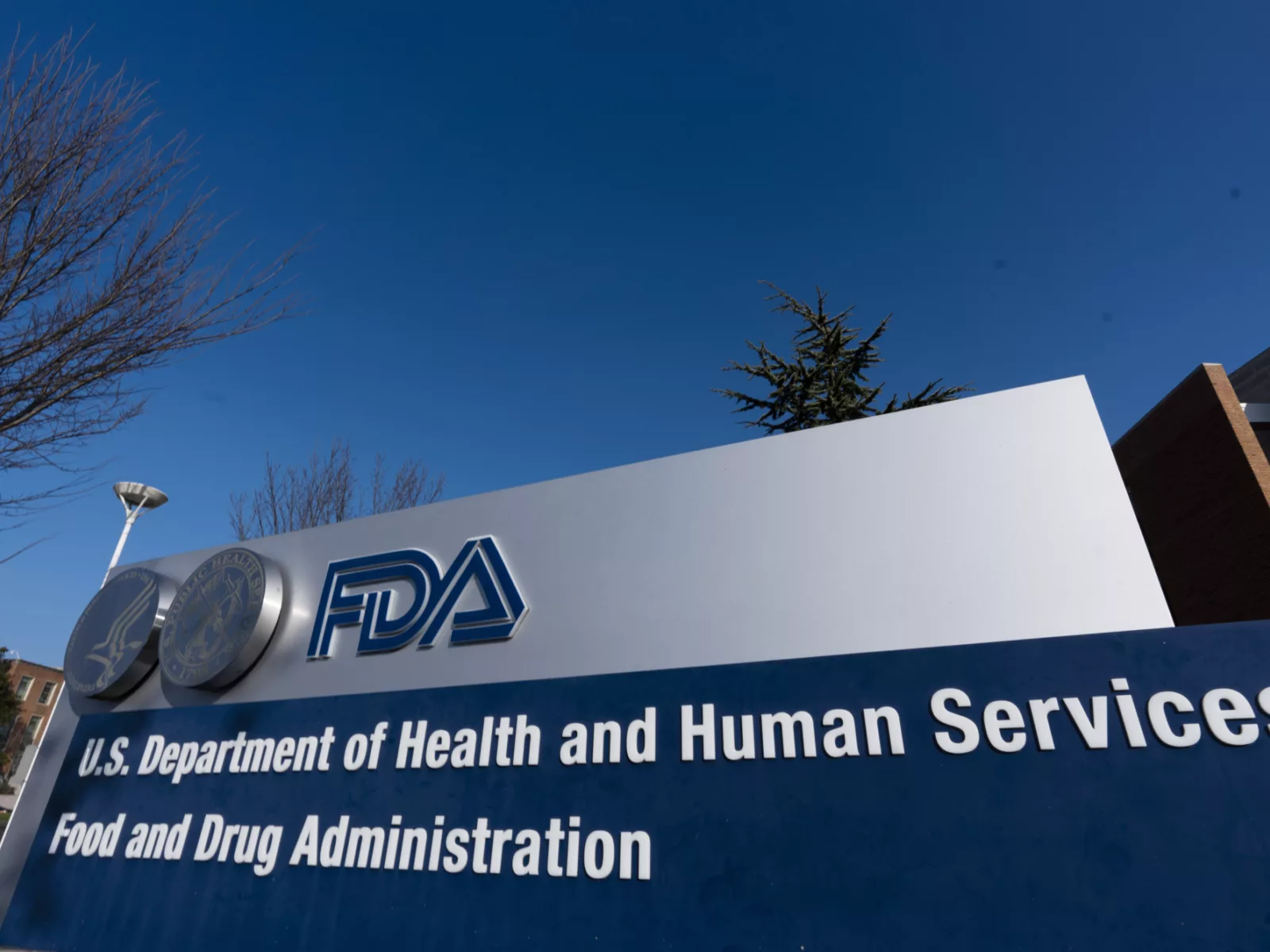Gene therapies offer much promise, working to modify or manipulate the expression of a gene or to alter the biological properties of living cells to treat, and potentially cure, a disease. To date, more than a dozen therapies have been approved by the Food and Drug Administration (FDA) and more than 60 are projected to be approved in the U.S. by 2030.
With approved therapies expected grow rapidly over the next decade, their high costs, often in the millions of dollars, are creating affordability concerns for both patients and payers. For example, there are approximately 100,000 people in the U.S. living with sickle cell disease and the two gene therapies recently approved by the FDA have lists prices from $2 – 3 million. If 20% of those with the disease were treated with one of these therapies over the next few years, the cost to the U.S. health care system would be close to $50 billion in gene therapy costs alone.
Beyond the financial shock associated with these treatments, policymakers and payers have limited information showing the extent of clinical effectiveness, safety, and durability of the therapy at the time of approval.
This winter, the U.S. Senate Committee on Health, Education, Labor, and Pensions (HELP) requested feedback on a series of questions on policy considerations to balance affordability and access to emerging gene therapies. In response, Arnold Ventures outlined recommendations on pricing and clinical evidence generation that can be woven into a variety of different payment models.
Read the full letter here.




